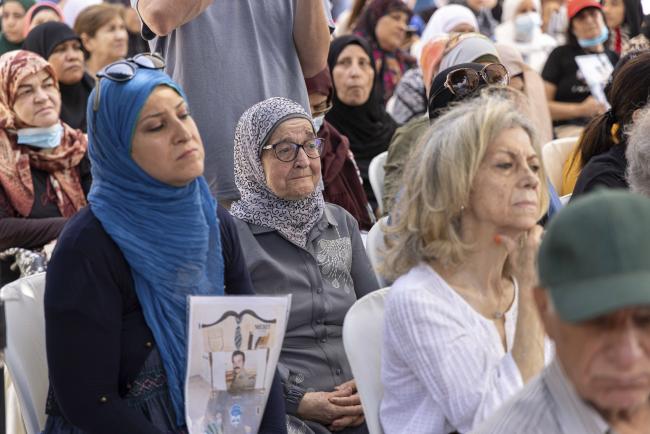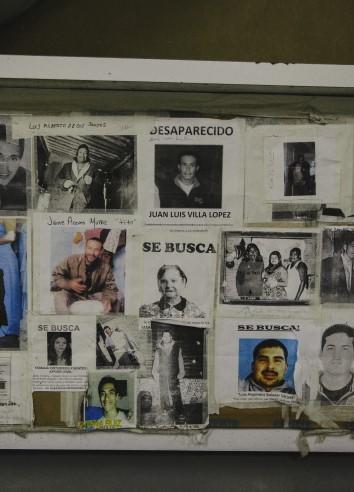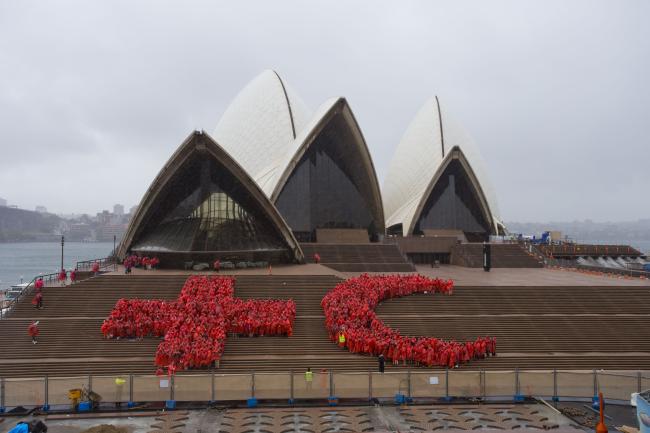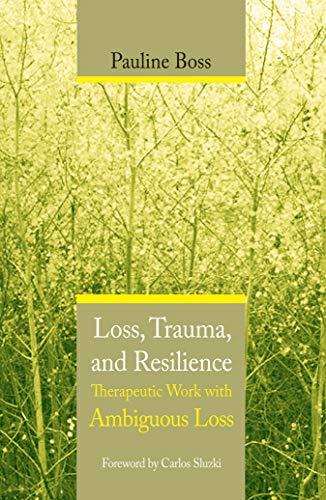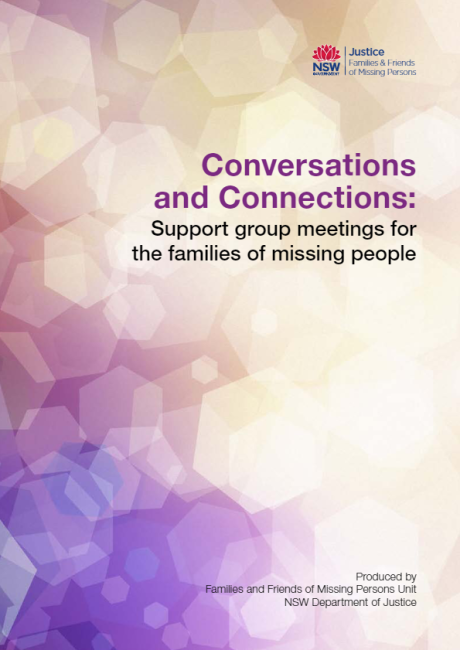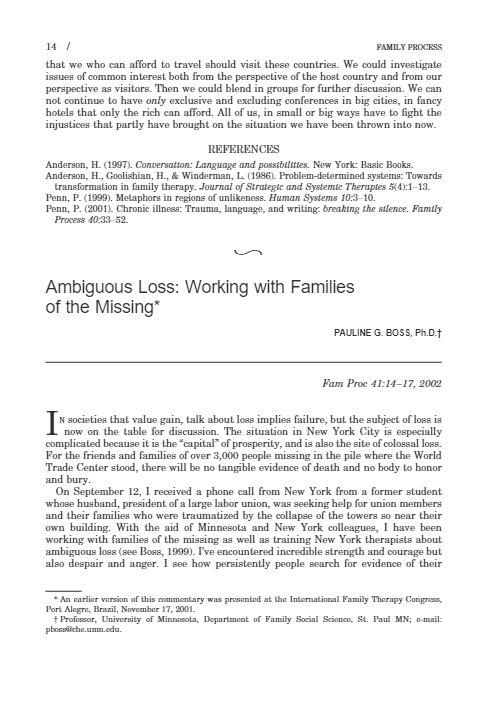
Ambiguous Loss: Working with Families of the Missing
In societies that value gain, talk about loss implies failure, but the subject of loss is now on the table for discussion. The situation in New York City is especially complicated because it is the “capital” of prosperity, and is also the site of colossal loss. For the friends and families of over 3,000 people missing in the pile where the World Trade Center stood, there will be no tangible evidence of death and no body to honor and bury.
On September 12, I received a phone call from New York from a former student whose husband, president of a large labor union, was seeking help for union members and their families who were traumatized by the collapse of the towers so near their own building. With the aid of Minnesota and New York colleagues, I have been working with families of the missing as well as training New York therapists about ambiguous loss. I’ve encountered incredible strength and courage but also despair and anger. I see how persistently people search for evidence of their missing. How can we help families to resolve their losses when they never have verification of death or a body to bury? What most surprised me was the frequent question asked by journalists, politicians, and, yes, therapists: “Why is having a body so important? Can’t families see that everyone in that pile of rubbish is dead?”


